When a Chapter 13 debtor converts to a Chapter 7, who gets the funds accumulated in the Chapter 13 trustee’s possession?
In Harris v. Viegelahn, the United States Supreme Court decided unanimously in May 2015 that those funds belong to the debtor, not to the creditors for whom the Chapter 13 trustee was collecting the funds. Resolving a split between the Third and Fifth Circuits, the Court applied straight statutory construction of 11 U.S.C. § 348 to hold that the only property of a debtor’s estate is property that was or should be in the debtor’s estate at the time the bankruptcy petition was filed, whether the debtor filed under Chapter 13 or Chapter 7. Since undistributed funds collected by the Chapter 13 trustee (in this case, wages) were generated post-petition, those funds were not part of the debtor’s bankruptcy estate. The only exception is where the debtor converts in bad faith, in which case the estate will consist of the property in the estate as of the conversion date instead of the petition date.
In so ruling, the Court rejected equitable arguments that the debtor was receiving a windfall at the expense of creditors. The Court noted that post-petition funds would not have been available to creditors in a Chapter 7 proceeding, and so Chapter 13 creditors were not unfairly penalized if post-petition funds in the Chapter 13 trustee’s possession were returned to the debtor rather than paid over to creditors pursuant to the Chapter 13 plan. The Court also found that turning the funds over to creditors pursuant to the Chapter 13 plan was not appropriate because the Chapter 13 plan was no longer in effect and the Chapter 13 trustee’s distribution duties terminated immediately upon conversion to Chapter 7.
Chapter 13 allows debtors to retain their property and pay their debts over the course of three to five years, pursuant to an approved plan. In Chapter 7, debtors’ assets are liquidated for the benefit of creditors. Any remaining obligations to creditors are discharged. Debtors have a right to convert their cases from Chapter 13 to Chapter 7 at any time. In fact, the Court cited a study that found that only a third of Chapter 13 cases are completed and result in discharge.
Conversion of a case from Chapter 13 to Chapter 7 is, therefore, more likely than not. What can creditors do to protect themselves? Insist that the Chapter 13 plan contain a regular distribution schedule, and insure that the Chapter 13 trustee adheres to it. In Viegelahn, the Chapter 13 trustee allowed post-petition funds to accumulate in her possession for nearly a year. As a result, instead of a modest amount of funds in her possession when the debtor converted to a Chapter 7, there was a much larger amount. Chapter 13 creditors can limit their risk by making sure the Chapter 13 trustee distributes their payments regularly.
For more information, contact Chip Palmer at ghpalmer@dioriolaw.com.

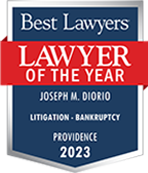
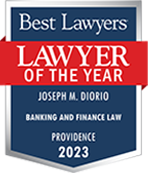
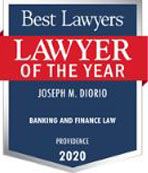
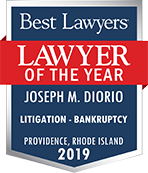
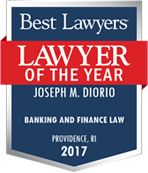
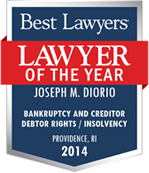
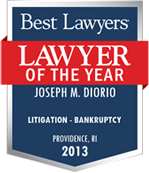

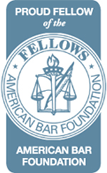
One Response